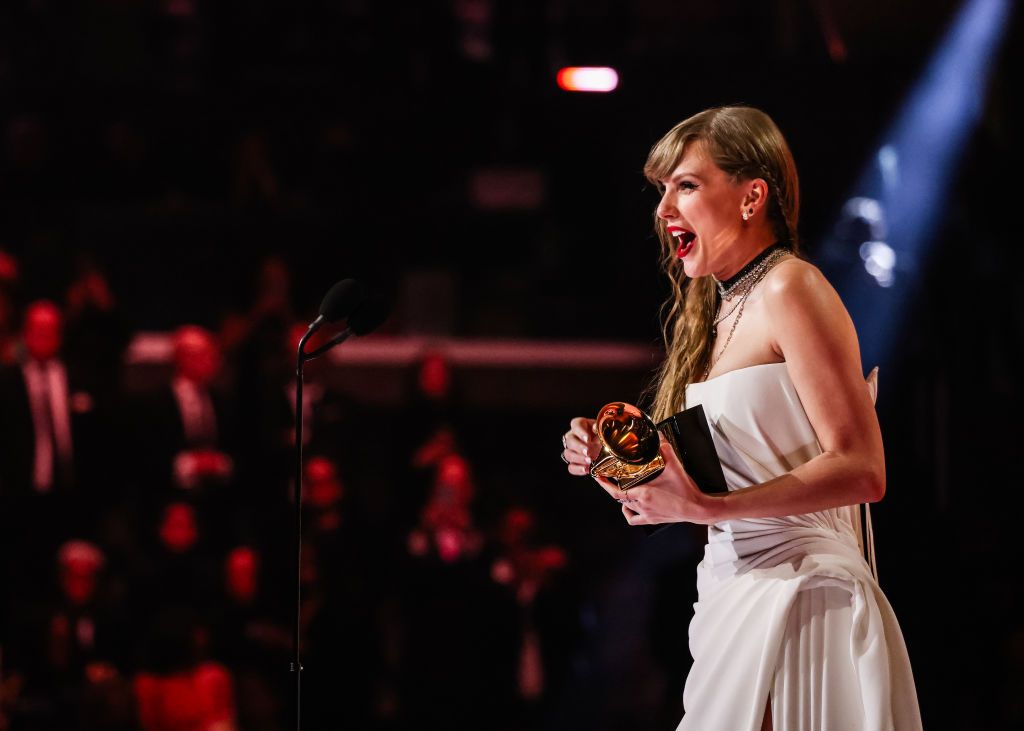Outrage. Something that we’ve all been feeling more and more lately
Even hearing the word can have us feeling some type of way and it’s usually not good.
Now throw the words social media with it and people’s blood pressure will start to rise and they may even be clenching their fists. This is outrage culture.
What is outrage culture?

Let’s take for example the moment Taylor Swift won a Grammy this year and announced that she has a new album coming out and seemingly ignored Celine Dion, who presented the award.
Now forgetting about whether or not Taylor was actually trying to be rude for a second, people blew the whole thing out of proportion, making the punishment greater than the perceived crime.
Outrage culture, call out culture or cancel culture as it’s also known has gone from holding people accountable to wanting to make the most outrageous statement first, stifling the chance for open dialogue and education.
It’s nothing new in our society, we as a species are reactive and it’s not necessarily a bad thing, it comes from our desire to prevent social exclusion, or actually wanting to be part of the group and conversation.
Just think of the Irish Women’s Liberation Movement and how collective outrage made changes in the areas of education and employment, married women’s property rights, sexual double standards and participation in local government bodies and elections.
Yet now due to social media, the dominos fall on a much greater scale so that outrage isn’t just confined to one community, instead, it can hit global levels.
When outrage spirals

We’ve seen plenty of examples, the post on the subject blow up, comments start flooding in and instead of seeing two sides (which sometimes there aren’t) or having a conversation on the topic, everyone involved is just labelled as “bad”.
Just take the Johnny Depp and Amber Heard defamation trial, regardless of how you feel about the case, it’s hard to deny the discourse turned toxic.
The firm stances we see in others’ comments and behaviour on an issue can stir up our own emotions, in what’s called “emotional contagion“.
With our own emotions heightened and our convictions strengthened, we may feel compelled to join the choir of negative conversation.
The overall tone and style of language used by others can also influence how we act and feel and the more exposed we are to one-sided discourse, the more likely we are to resist alternative viewpoints.
It’s not helped by the fact that social media relies heavily on algorithms so if they see us engage with one aspect of a topic they keep pushing it into our feeds.
How we can stop negativity

Unfortunately, it can be difficult to just remove negativity from your life altogether but research suggests that speaking up in a positive way can help stop the spiral before it starts.
You can change the way to think of things through reflection and asking questions, for example:
- Remember that everyone makes mistakes, I’ve certainly made loads
- People are worth more than their worst actions
- We are all capable of growth and change and in many cases can be given a second chance
- It’s okay if your opinion is different to others
- The punishment should fit the crime
READ MORE:
- ‘Loathing early mornings has a lot more to do with your DNA than your love of a lie on’
- Cases of measles are rising in Ireland, HPSC confirms
- 1 in 5 women in Ireland have PCOS, but what is it and what are the symptoms


















































